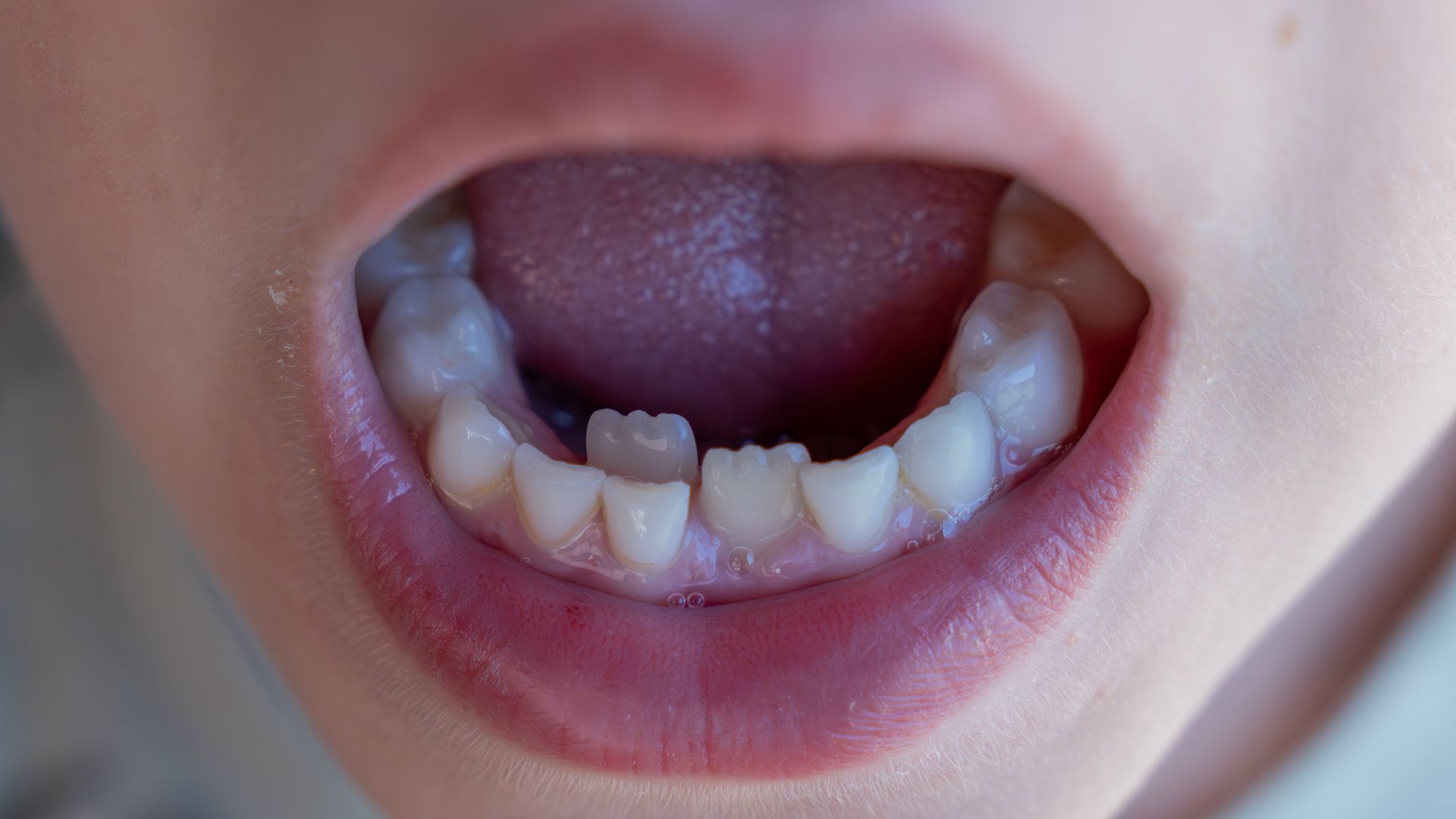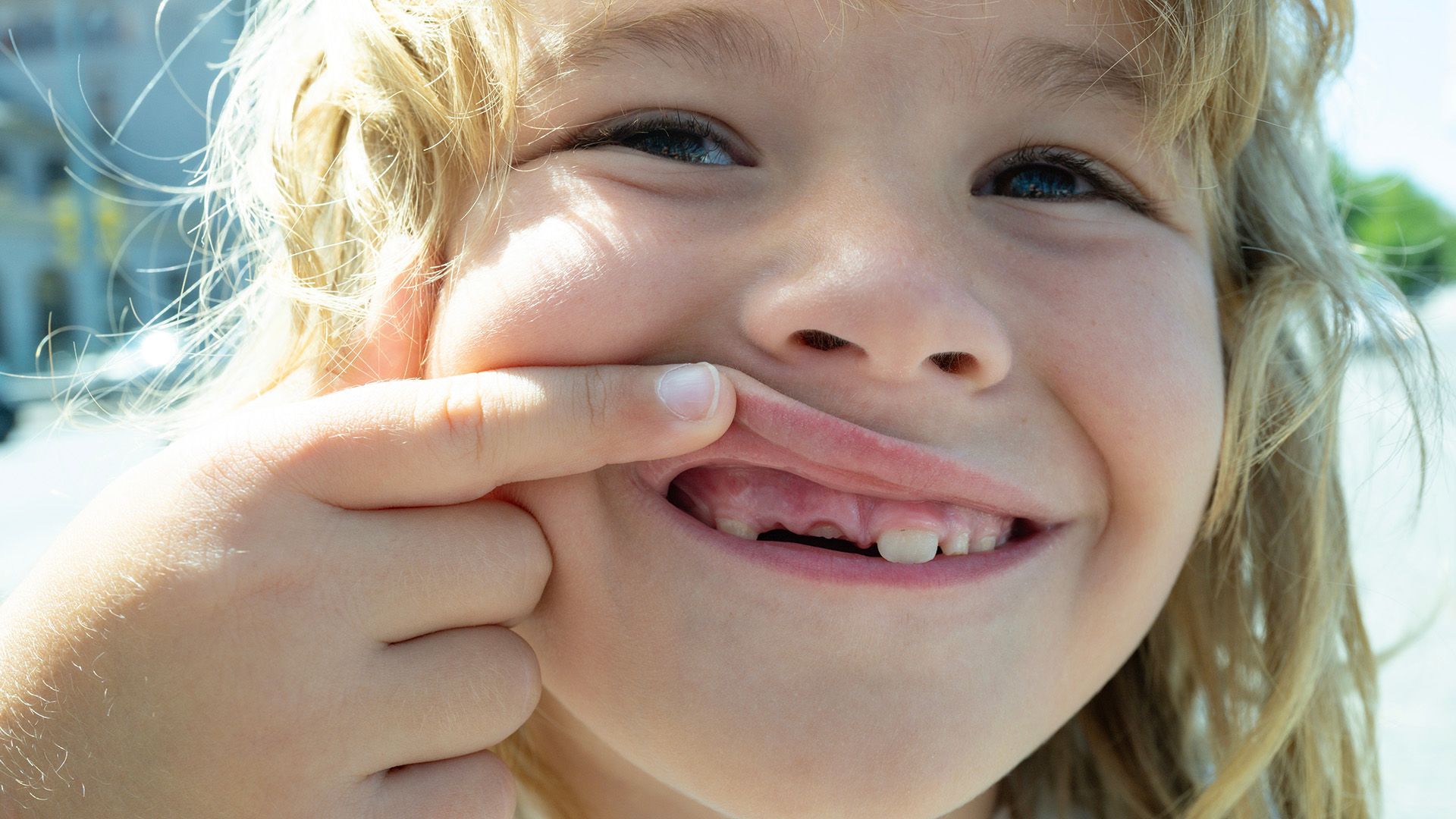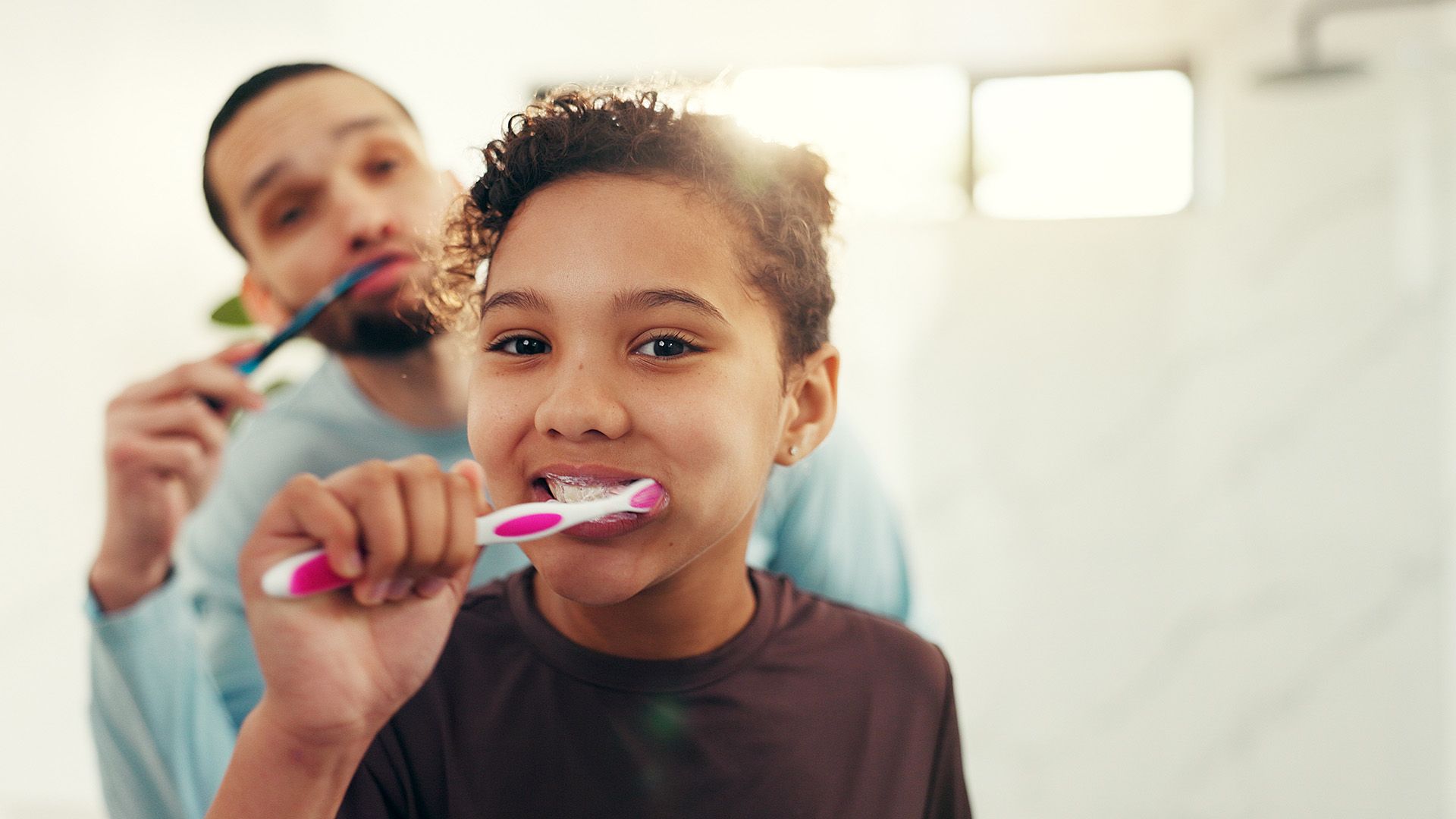Kids Drinks That Are Bad for Teeth
As parents, ensuring the
dental health of our children is a top priority. Unfortunately, many popular kids drinks that are bad for teeth can undermine this goal. From sugary sodas to seemingly innocent fruit juices to even what seems like healthy sports drinks, numerous beverages our kids enjoy contain hidden sugars and acids that can lead to cavities and other oral health issues. This article delves into the types of drinks that are bad for teeth and provides guidance on drinks that aren't bad for teeth, helping you make informed choices to protect those precious pearly whites. Let's explore these important distinctions!
Understanding the Impact of Sugary Drinks
Sugary drinks are a leading contributor to tooth decay in children. When kids consume beverages high in sugar, the sugar interacts with bacteria in the mouth to produce acids. These acids can erode tooth enamel, the protective layer that keeps teeth strong and healthy. Over time, this erosion can lead to cavities and other dental issues, making it crucial for parents to identify kids drinks that are bad for teeth.
In addition to sugars, many sugary beverages contain acids that further exacerbate the problem. For instance, soft drinks and fruit juices often have a low pH, meaning they are acidic. This acidity can weaken enamel even more, increasing the risk of decay. The combination of sugar and acid creates a double threat, as both elements work together to damage teeth.
Common sugary drinks that pose risks include soda, sports drinks, and sweetened fruit juices. Even seemingly healthier options, like flavored waters or smoothies, can contain high levels of sugar and acids that harm a child's teeth. To promote better oral health, it’s essential for parents to limit these types of drinks and encourage healthier alternatives. Drinks that aren't bad for teeth include water and milk, which are beneficial for overall health and help protect young teeth.
Juices and Their Hidden Risks
Juice is often perceived as a healthy option for children. However, it’s essential to distinguish between 100% juice and juice drinks. While 100% juice is made from real fruit and contains no added sugars, juice drinks may contain only a small percentage of actual juice, with the rest made up of water, sweeteners, and artificial flavors. This can lead to higher sugar content, contributing to tooth decay.
Another critical factor to consider is the acidity levels present in fruit juices. Juices like orange and apple are naturally acidic, which can erode tooth enamel over time, especially if consumed frequently. The pH levels in these juices can cause damage to the teeth, creating a higher risk for cavities and other dental issues.
Given these risks, it's advisable for parents to limit their children's juice consumption. The American Academy of Pediatrics suggests that children aged 1 to 3 should have no more than 4 ounces of juice per day, while those aged 4 to 6 should be limited to 4 to 6 ounces. For older children, it’s best to restrict juice intake to 8 ounces or less per day. To promote better dental health, consider offering drinks that aren't bad for teeth, such as water or milk, as the primary beverages, reserving juice for special occasions. This approach helps protect your child's teeth while still allowing them to enjoy a variety of flavors.
Sports Drinks and Their Effects on Oral Health
Sports drinks are often marketed as the perfect hydration solution for active kids, but are energy drinks bad for your teeth? These beverages are typically high in sugar and acidic content, which can erode tooth enamel and lead to cavities. The combination of sugar and acid creates an environment in the mouth conducive to bacterial growth, further exacerbating dental issues. This is particularly concerning for children, whose teeth are still developing and are more susceptible to damage.
Fortunately, there are healthier alternative hydration options for active kids. Water remains the best choice for quenching thirst during sports and play. It hydrates without introducing sugars or acids that can harm teeth. If your child needs a little flavor, consider adding slices of fruit to their water, creating a refreshing and tooth-friendly drink. Coconut water is another excellent option, as it provides electrolytes without the harmful additives found in many sports drinks.
When selecting a drink for sports activities, it’s essential to read labels carefully. Look for beverages that are low in sugar and free from acids. If your child is participating in extended periods of exercise, a drink designed for hydration that includes natural ingredients and minimal additives can be beneficial. Always encourage your child to drink water before, during, and after any activity to keep them properly hydrated while also protecting their smile.
Avoiding Flavored Milk and Non-Dairy Alternatives
When it comes to drinks for kids, many parents may not realize that flavored milk can be a hidden source of sugar. While regular milk is a great source of calcium and essential nutrients, is milk bad for teeth when it’s flavored? Flavored varieties often contain added sugars that can be detrimental to dental health. A single serving of chocolate or strawberry milk can have as much as 15 grams of sugar, significantly increasing the risk of tooth decay compared to plain milk, which has no added sugars.
Moreover, non-dairy milk alternatives, such as almond, soy, or coconut milk, can sometimes come with their own set of issues. Many of these products contain added sugars to enhance their taste, which can be just as harmful to a child's teeth as flavored milk. Additionally, some non-dairy options may lack crucial vitamins and minerals found in cow's milk, such as calcium and vitamin D, which are vital for growing children.
For parents looking for healthier milk options, consider offering plain, unsweetened dairy milk or fortified non-dairy alternatives without added sugars. You can also mix regular milk with a small amount of natural flavoring, such as vanilla extract, to create a tasty yet healthy drink. Encouraging children to
drink water or unsweetened herbal teas can also be a great way to keep their teeth healthy while ensuring they stay hydrated.










